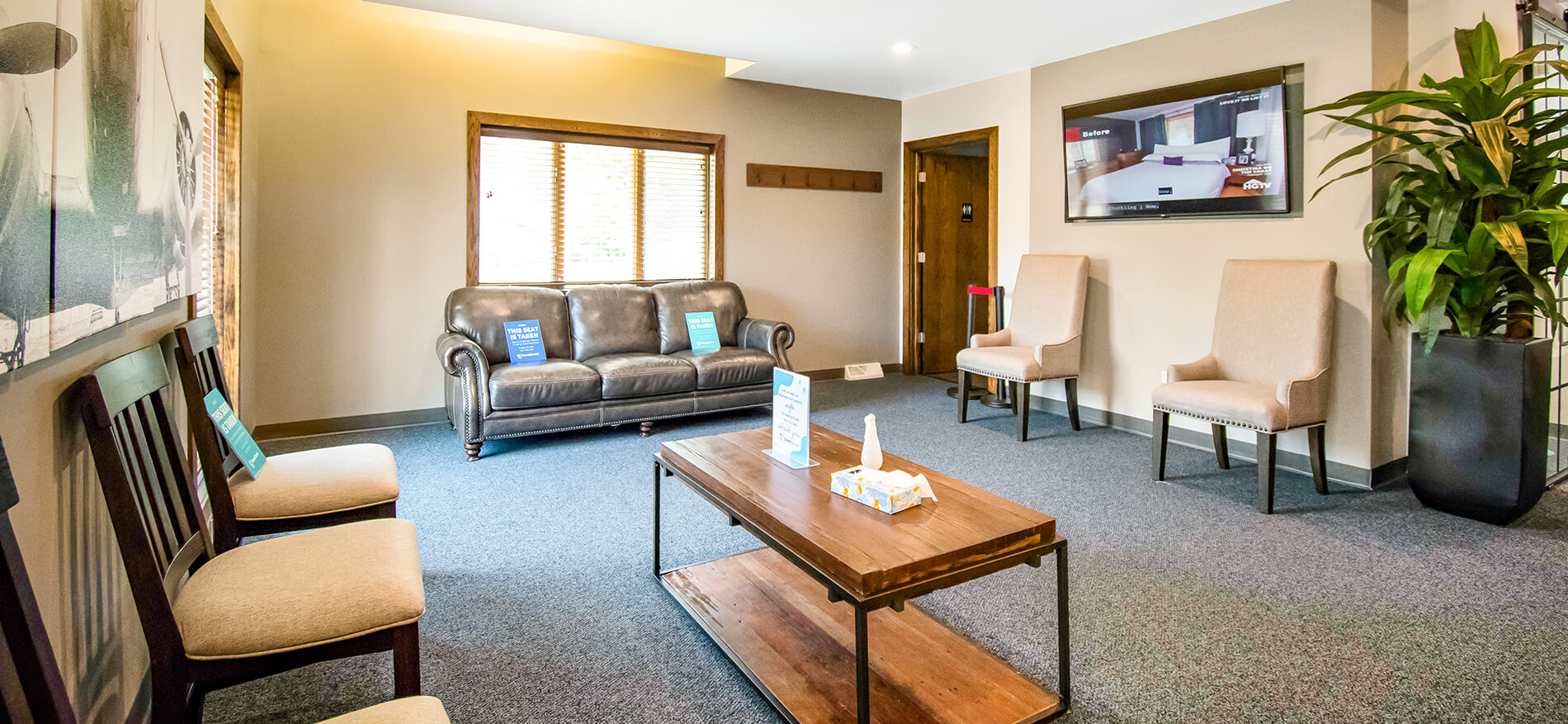At Grand Dental – Wilmington, we are fully dedicated to helping each of our patients have the best
experience possible at our practice. If you have any questions about dentistry, we will be sure to answer
them in full detail to aid you in making the decisions that are best for your overall oral health. Those who
prefer to perform research on their own may benefit from reviewing the following FAQs and taking note of our
detailed, helpful answers.
How Do I Get Emergency Dental Care?
It is best to call the nearest emergency room for severe issues such as a fractured jaw. In the event of
a dental emergency that is not life-threatening but still requires prompt treatment, we recommend
calling our office; we can identify the cause of the emergency and determine the best way to address it
in order to prevent further harm and put a stop to any discomfort.
When you contact us for an emergency dental appointment, we will listen carefully while you explain your
situation. In addition to making arrangements to see you, we will also provide any first-aid that you
may need based on the symptoms that you are experiencing.
How Do I Find the Best Place to Get Dental Work Done?
When choosing a new dental practice, there are several things that need to be considered. Do they take
your dental insurance? Do their hours work with your schedule? What kinds of services do they offer?
Take note of these and any other questions you might have; the answers could help you determine whether
the practice is truly a good fit for you. It may also be helpful to see what sort of feedback past
patients have left for the practice on Google.
How Much Does a Dental Checkup & Cleaning Cost in Wilmington, IL?
Regular dental checkups and cleanings are essential for identifying and addressing problems in the mouth
long before they can turn into emergencies. The exact cost of a dental checkup and cleaning can vary
depending on which practice you visit, but on average, the cost may be somewhere between $200 and $350.
Of course, this is before taking dental insurance into account; the amount you ultimately need to pay
out of pocket can vary depending on the plan that you have.
What Level of Education is Required to Be a Dentist?
After earning a bachelor’s degree, aspiring dentists must enroll in one of the 67 accredited
dental schools in the United States. They then need to complete three years of classroom and hands-on
learning until they eventually earn a Doctor of Dental Medicine (DMD) or a Doctor of Dental Surgery
(DDS).
Some dentists may choose to specialize in periodontics, orthodontics, or one of the other specialties
recognized by the American Dental Association. To do so, they need to complete another three years of
dental school (possibly more, in certain cases).






























